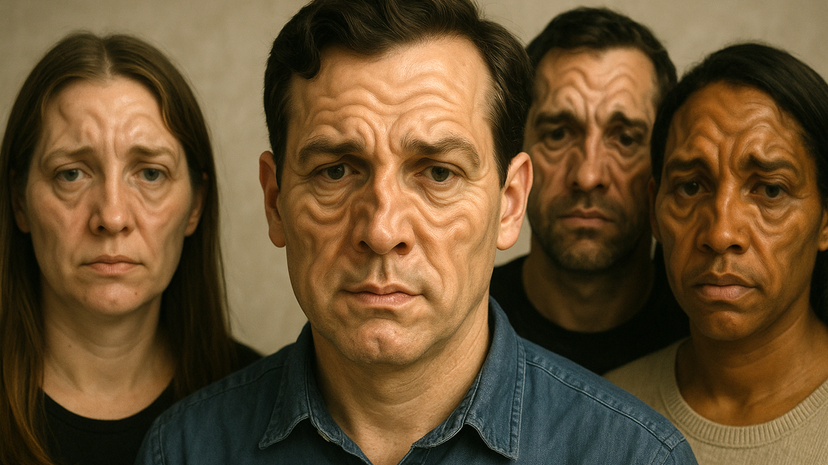Understanding demon face syndrome means diving into the world of psychological and brain sciences.
This disorder is typically linked to neurological damage — such as lesions from trauma, stroke, epilepsy or migraines — in the brain’s visual processing regions. It is not known to be directly caused by anxiety or psychosis alone.
Magnetic resonance imaging (MRI) is often used to look for physical signs like brain damage or neurological disorders.
It's sometimes compared to Charles Bonnet Syndrome, in which people with vision loss experience complex visual hallucinations. But unlike that condition, demon face syndrome focuses exclusively on facial distortions.
That means the rest of your world might look normal, while people's faces go full horror movie mode.
Do Drugs Cause Demon Face Syndrome?
Hallucinogenic drugs have occasionally triggered face distortion experiences, but persistent prosopometamorphopsia is more strongly associated with neurological damage.
Bipolar disorder and schizophrenia can also involve visual hallucinations, but those are considered psychiatric in origin and distinct from PMO.
And yes, sometimes these symptoms might just be your brain going haywire under stress or sleep deprivation.
